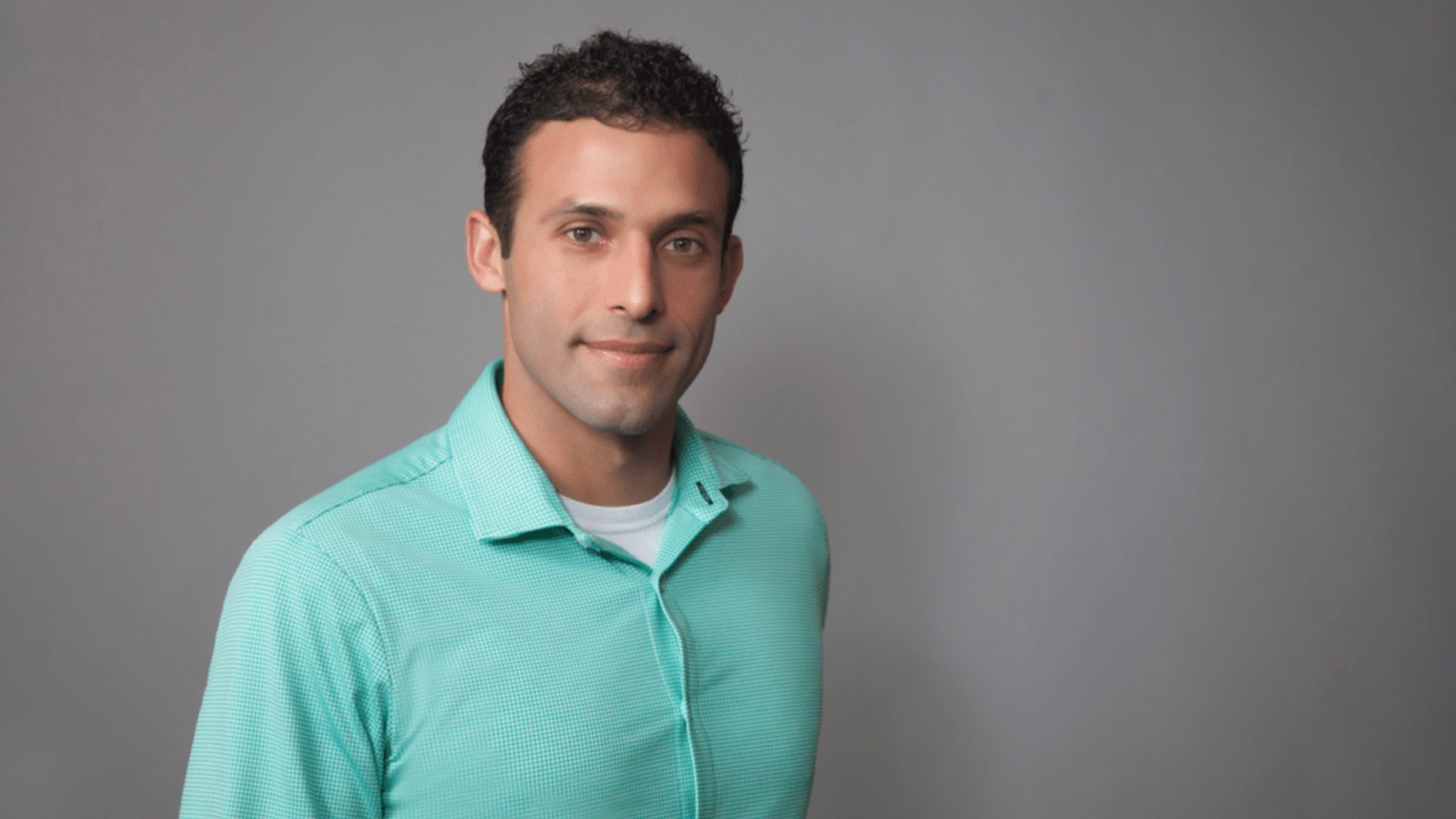
First-in-human studies in sight, SQZ's cell therapy tech wins over a diverse group of investors in $72M round
Having steadily built out the preclinical data to cement its cell therapy platform and sorted out the technicalities, SQZ Biotech has raised $72 million to …
Sign up to read this article for free.
Get free access to a limited number of articles, plus choose newsletters to get straight to your inbox.